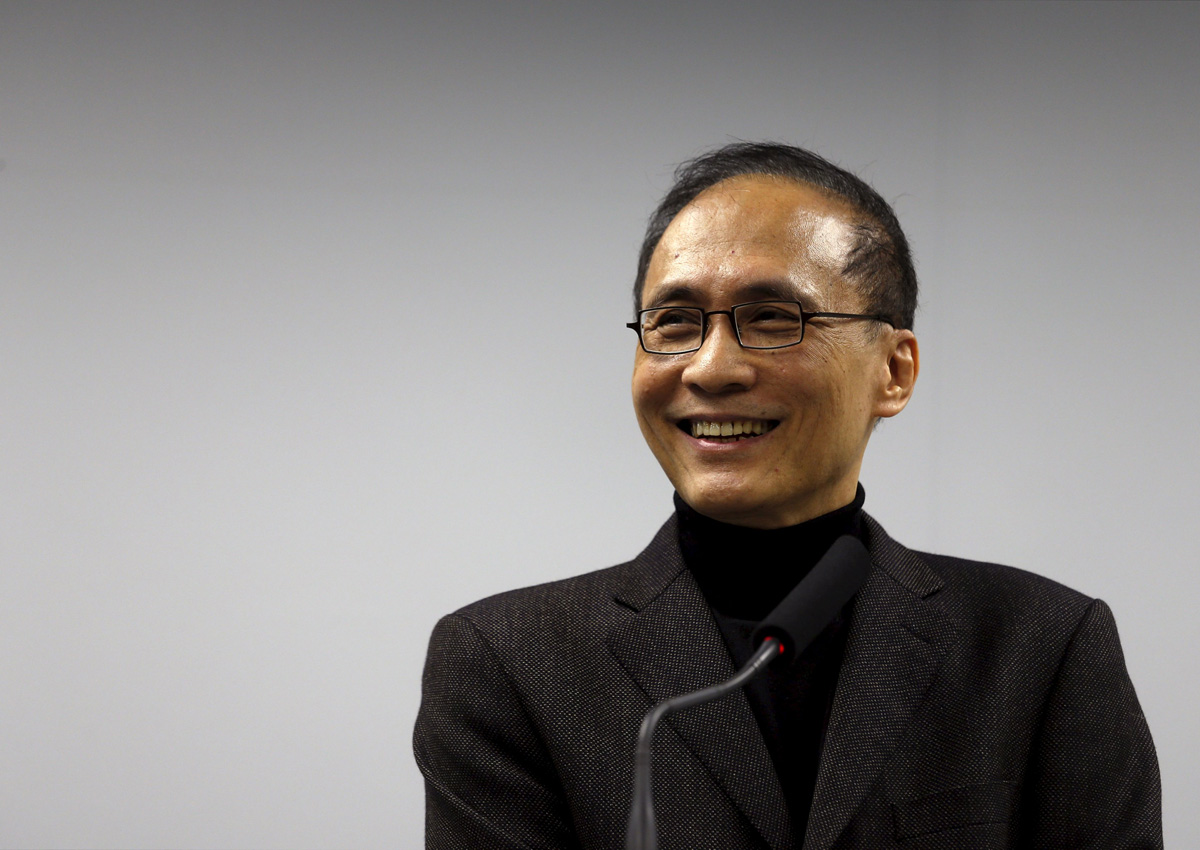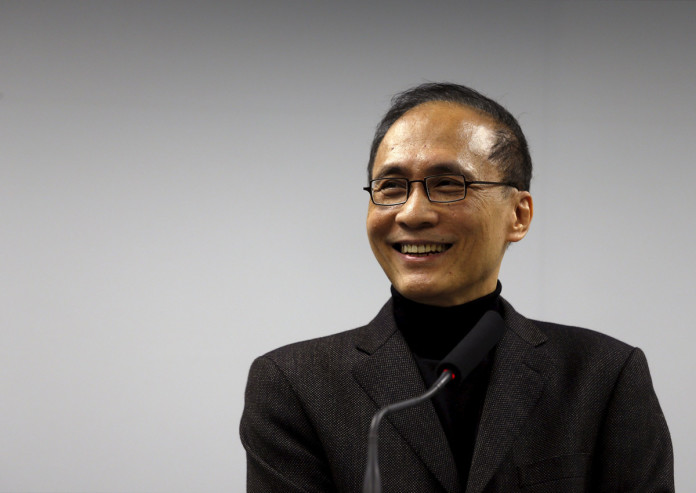Taiwan’s president-elect Tsai Ing-wen made her first major appointment Tuesday by naming a former economist as premier in a bid to kickstart the island’s flagging fortunes.
Lin Chuan is a former finance minister and will take office on May 20 when Tsai is officially inaugurated after taking a landslide victory over the ruling Kuomintang (KMT) in January.
Among the challenges for Tsai’s China-sceptic Democratic Progressive Party (DPP) will be how to deal with a stagnating economy, which played a major role in the KMT’s defeat.
Many ordinary Taiwanese feel trade pacts signed with Beijing during an eight-year rapprochement under the KMT have failed to benefit them.
Taiwan last month slashed its growth prediction for 2016 from 2.32 per cent to 1.47 per cent after a worse-than-expected 2015 saw the island sink into recession at the end of the year.
Exports slumped 13 per cent year-on-year in January – the longest consecutive period of decline since 2009.
Tsai said Lin, 64, had a “glowing record” as finance chief.
“Lin is a good communicator and familiar with my ideas on how to manage the country. His previous government experience is notable. That’s why I decided to choose him as premier,” Tsai said.
The full lineup of the new cabinet will be decided next month, according to Tsai.
“I would like to give my promise that the cabinet led by Lin will not only be economy-oriented,” she said.
“It will also be a ‘reform cabinet'” dealing with a range of issues from funding for political parties to pensions, she added.
Tsai did not mention ties with China as speculation swirls over how she will address relations with Beijing in her inauguration speech.
Beijing has warned against any move towards a declaration of independence by Taiwan.
The island is self-ruling after splitting with the mainland in 1949 after a civil war, but China considers it part of its territory awaiting reunification, and Taiwan has never formally declared independence.
The DPP is traditionally a pro-independence party, though Tsai has repeatedly promised to maintain the status quo with Beijing.
However, in a speech after her win, she said “suppression” would harm cross-strait ties and emphasised the need for Taiwan to forge an economic path which is not overly dependent on China trade.
The majority of voters in Taiwan want peaceful relations with Beijing but are fiercely protective of the island’s way of life and democracy.






